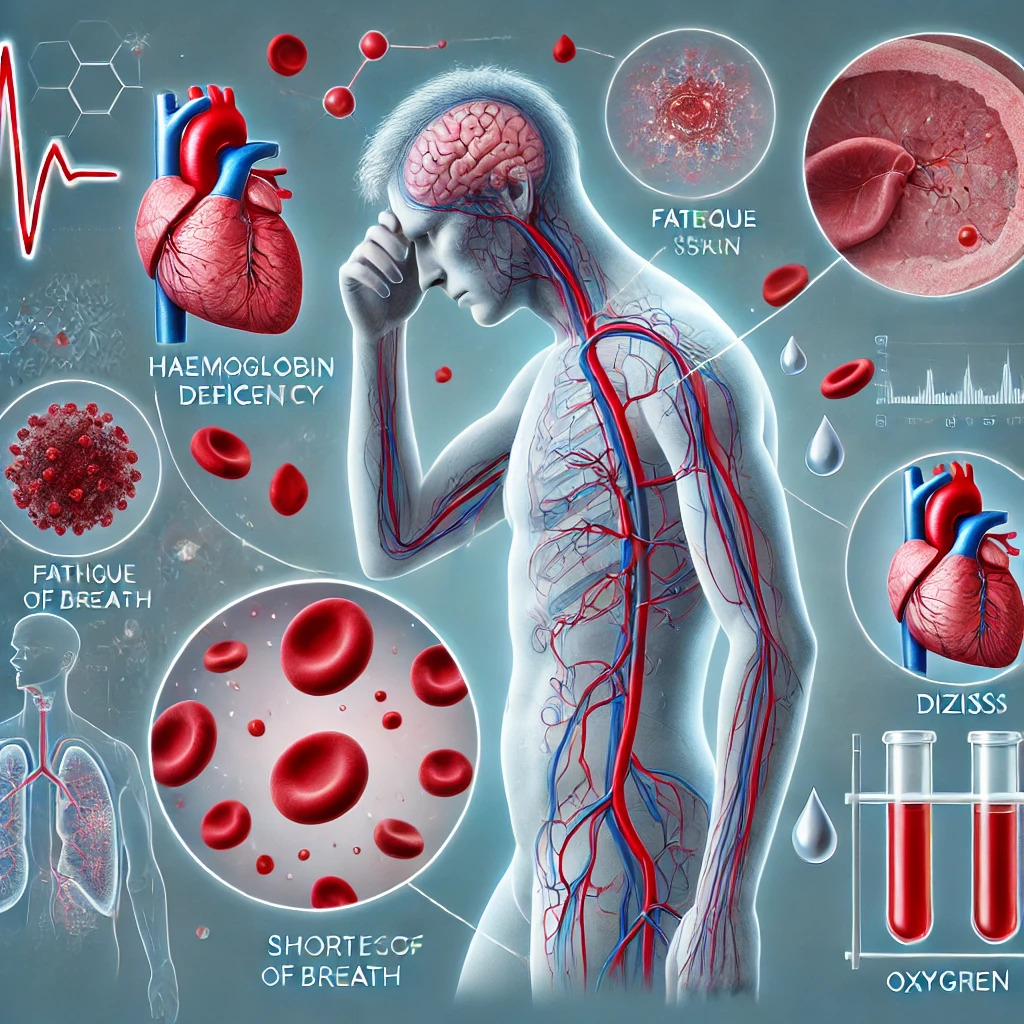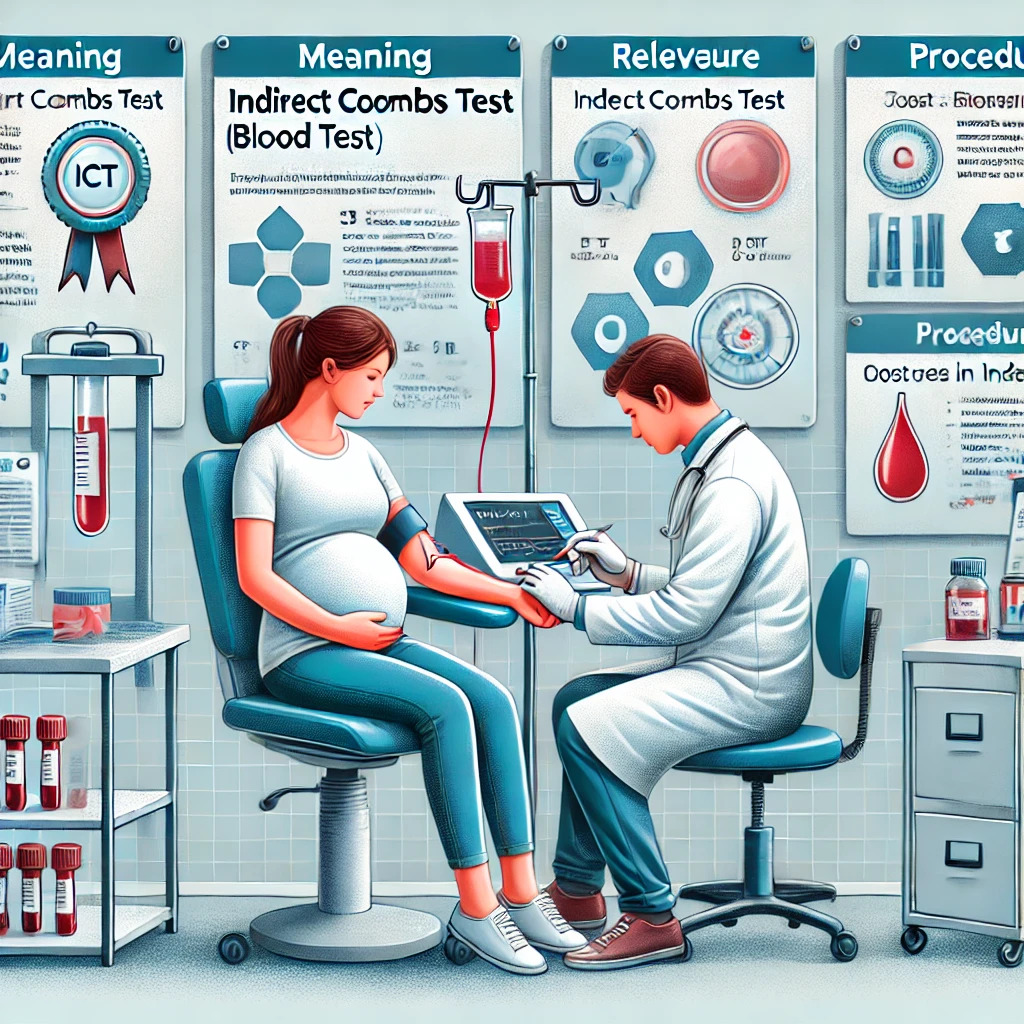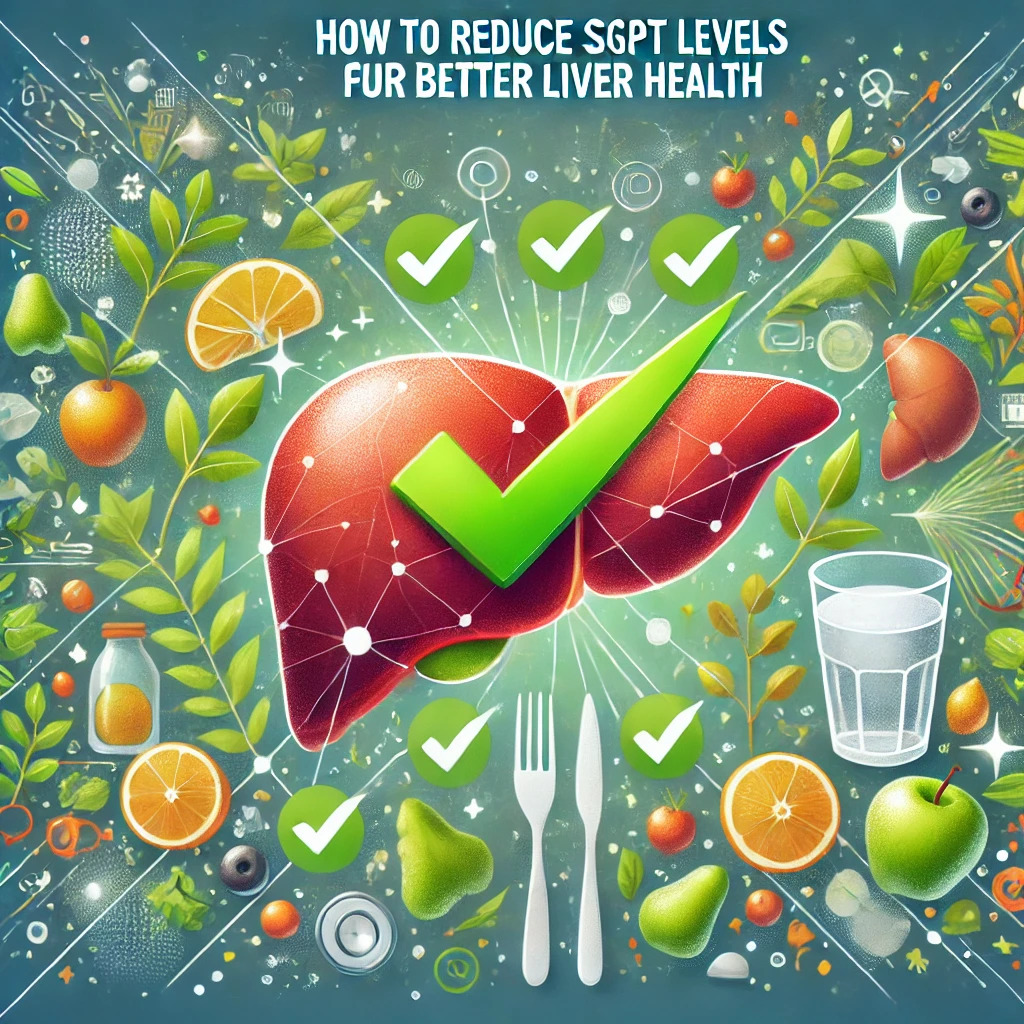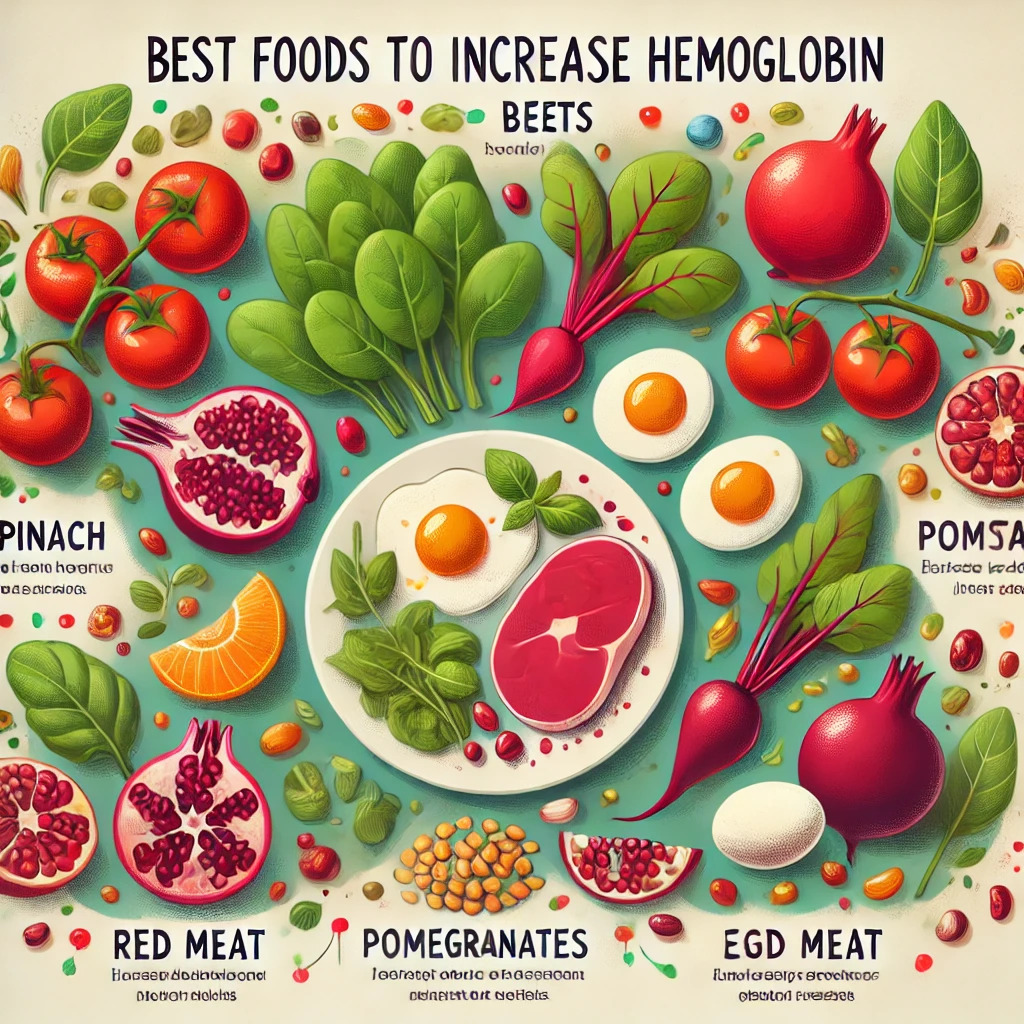7-Day Meal Plan for Kidney Disease- A Balanced Approach to Kidney Health
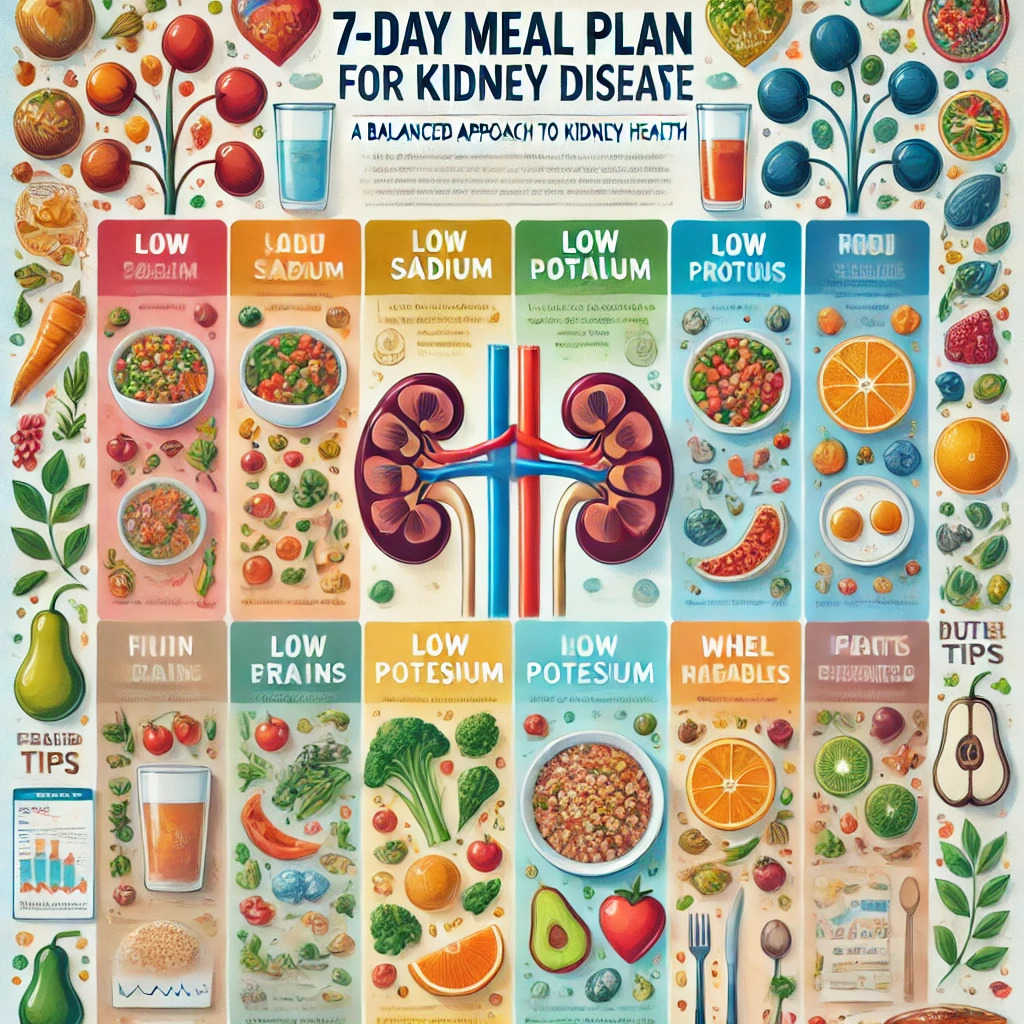
7-Day Meal Plan for Kidney Disease- A Balanced Approach to Kidney Health
Kidney disease or renal disease requires careful attention to diet because nutritional management plays a very important role in supporting kidney function and overall health. Certain nutrients, when taken or present in a diet in excess can aggravate kidney issues. A well planned meal plan for kidney disease can help maintain proper levels of key nutrients. Sodium, potassium, and phosphorus are amongst the main nutrients of concern. Protein may also have to be restricted for some patients based on the stage of their disease.
Kidney disease can have various stages and nutritional guidelines are based on the stage of the kidney disease and other comorbidities. This is why it becomes important for a kidney patient to consult a doctor or a dietitian before making any dietary changes. This blog provides a sample 7-day meal plan for kidney disease to provide balanced nutrition for reference purposes only.
All About 7-Day Meal Plan for Kidney Disease
Humans have two kidneys, a right and a left one, which are vital organs that filter out waste and excess fluids from the body. These excess fluids and wastes are excreted via urine. Kidneys also play a crucial role in balancing electrolytes, controlling blood pressure, and in producing hormones which help with red blood cell production and bone health. By maintaining such varied functions, our kidneys play an important role in keeping the internal environment of the body stable and healthy.
When kidneys are not functioning properly, all the above functions can be impacted. And in turn, kidneys also get damaged further if right interventions are not done in time. This is why meal plan for kidney disease is critical in preventing further damage to the kidneys and in preventing the buildup of wastes in the body.
Understanding Kidney Disease
When someone has a kidney disease, the kidneys lose their ability to filter blood effectively. This can lead to buildup of waste and fluid in the body. Due to these changes, there can be complications like high blood pressure, edema, electrolyte imbalances, etc. This further impacts the cardiovascular system and other organs.
Kidney disease can be chronic, gradually worsening over time, or acute (which can occur as a result of sudden illness or injury). Managing kidney disease involves lifestyle changes including dietary modifications. These are needed to reduce strain on the kidneys and to prevent further damage.
Also Read: - How kidney stones look like
How Does a 7-Day Meal Plan for Kidney Disease Help?
A diet plan specific to your kidney disease stage and other comorbidities (if any) helps not only to manage kidney disease and prevent waste build-up but also helps to slow down damage to the kidneys. As the kidneys are no longer filtering out waste products so well, a kidney friendly diet plan can prevent the build-up of certain minerals. It can lessen strain on the kidneys. At the same time, a well balanced meal plan can prevent blood pressure fluctuations, manage diabetes, prevent heart related complications from kidney disease, and prevent kidney disease from worsening.
A plan, made by a dietitian and as per your doctor's guidelines, can ensure that you get the right nutrition. This is how it helps further:
It provides you with the energy to do your daily tasks.
It helps to prevent infections.
It provides the nutrition needed to build muscles.
It helps a patient stay at a healthy weight.
Meal Plan for Kidney Disease- Main Considerations
Calories: it is important that you work with your dietitian to work out the right amount of calories from your meal plan. These need to be adjusted based on whether you need to lose weight, maintain weight, or gain weight.
Protein: if a diet has too little protein, your immune system will be hit. Body needs protein for repair and for muscle building as well. On the other hand, with kidney disease, one ought to be careful as too much protein can strain the kidney and cause more damage. Talk to your doctor regarding how much protein you need based on disease stage. Go for high quality protein.
Fat: fats are essential and a little amount of fats should be a part of meal plan for kidney disease. Choose healthier fats and try to limit saturated fats.
Carbohydrates: skip unhealthy carbohydrates such as sugar, candies, software drinks, juices, etc. Choose whole grains and other sources that have complex carbohydrates and fibre such as vegetables and whole fruits.
Sodium: sodium is a mineral not just found in table salt but in most foods. It is important for normal functioning of the body and cells but a lot of it can lead to hypertension, water retention, and kidney damage. Foods naturally have enough sodium to meet the needs of our body so added salt needs to be monitored and limited. It can be replaced with herbs or spices. Canned foods should be rinsed to remove extra salt. Your dietitian can guide you how to limit sodium in your diet.
Potassium: diet for kidney disease takes into account the amount of potassium you are getting. Kidney disease can lead to too much potassium or even too low potassium. Both are harmful and a matter of concern. Your doctor will tell you to monitor potassium levels and to increase or decrease potassium in your diet based on your results. Your dietitian can provide a list of foods low or high in potassium and also tell you ways to process vegetables to lower the potassium content.
Phosphorus: when kidneys are working well, they help the body retain the right amount of phosphorus. But with kidney disease, the levels can go up which can weaken the bones. You may have to use a phosphate binder, only with the doctor’s prescription, and/or go on a low phosphorus diet.
Fluids: many patients with advanced kidney disease have to limit water and fluids in their diet. The damaged kidneys cannot flush out extra water as well and too much fluid can lead to edema, heart failure, and other issues. You will not be asked to only limit water but also other fluids and foods which contain a lot of water. You will be told to measure your fluids and to drink from small cups that allow you to measure how much you are taking. Chewing gum, sucking on ice candy, sucking on sugar free candies, rinsing your mouth, etc, can help you manage thirst.
Supplements: with kidney disease, avoid having any supplements before getting a go-ahead from your doctor. Sometimes you need a supplement, made specifically for kidney patients, to meet your needs for vitamins and minerals or even calories.
The diet plan for dialysis patients may be different. The meal plan may have to change based on your condition, electrolyte imbalances, etc. This is why kidney patients need to work closely with their doctor and dietitian. Some may even need a high calorie diet.
This is a sample plan (which may not be suitable for all. Please consult your doctor/dietitian before starting any plan)
Breakfast
2 egg whites (most people can have one egg yolk as well), 1-2 rice idli/chapati, half cup sambar. Tea after at least half an hour.
Mid-day
low potassium fruit like apples or grapes.
Lunch
¾ cups dal, two chapatis/one katori rice, small katori sabzi (example cauliflower and leached potatoes), half cup salad (ask dietitian for suitable options)
Evening snack-
Tea, idli/poha/rice cakes
Dinner
one cup pulao, stir fried veggies or sabzi
Or
Pan grilled vegetable cutlets with one serving of pulao
Your dietitian can provide interesting and tasty choices along with options for seasoning. A kidney disease meal plan should not be boring.
Conclusion
A kidney-friendly diet does not need to be boring or extremely limiting. A careful planning with your dietitian and doctor can help you enjoy a variety of flavourful means which support your kidney health. This 7-day meal plan for kidney patients focuses on balanced nutrition while keeping sodium, potassium, and phosphorus levels in check. Remember, healthy eating can be subjective based on the stage of kidney disease. You should consult a doctor and a dietitian to learn more about healthy eating for your specific stage.
For all your test related needs for kidney disease, reach out to us at O-Lab in Jammu for reasonable prices and accurate reporting. You can get comprehensive health packages, packages for different diseases, screening packages at competitive prices. We also offer sample collections from home.


